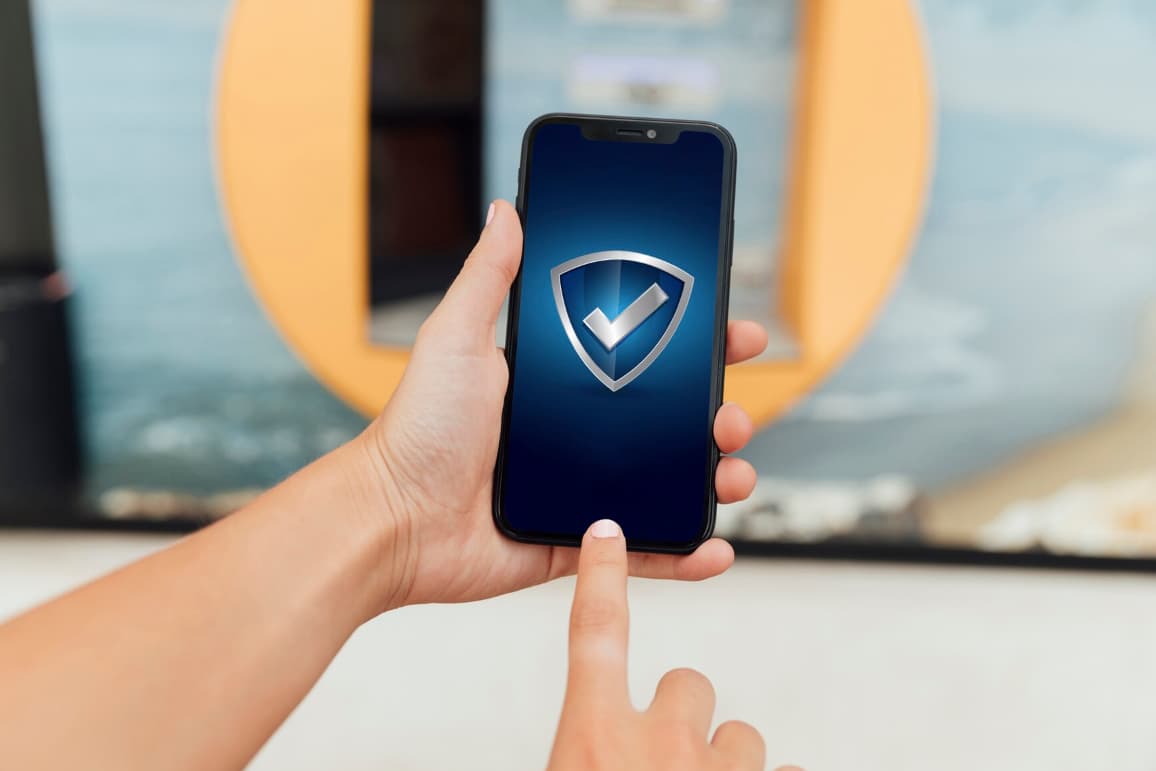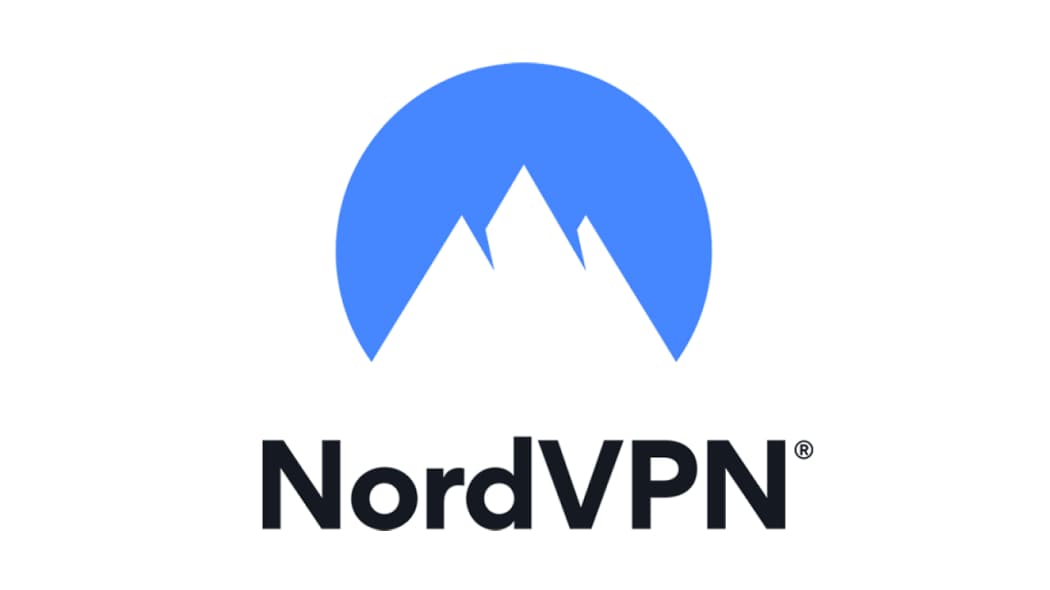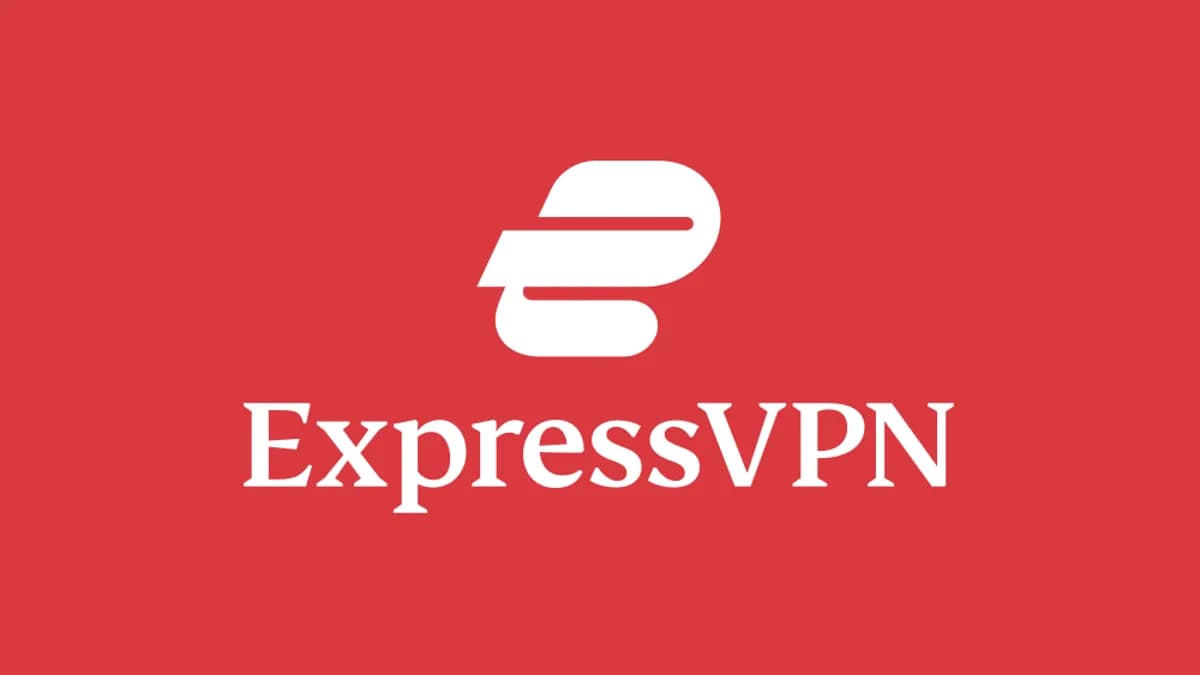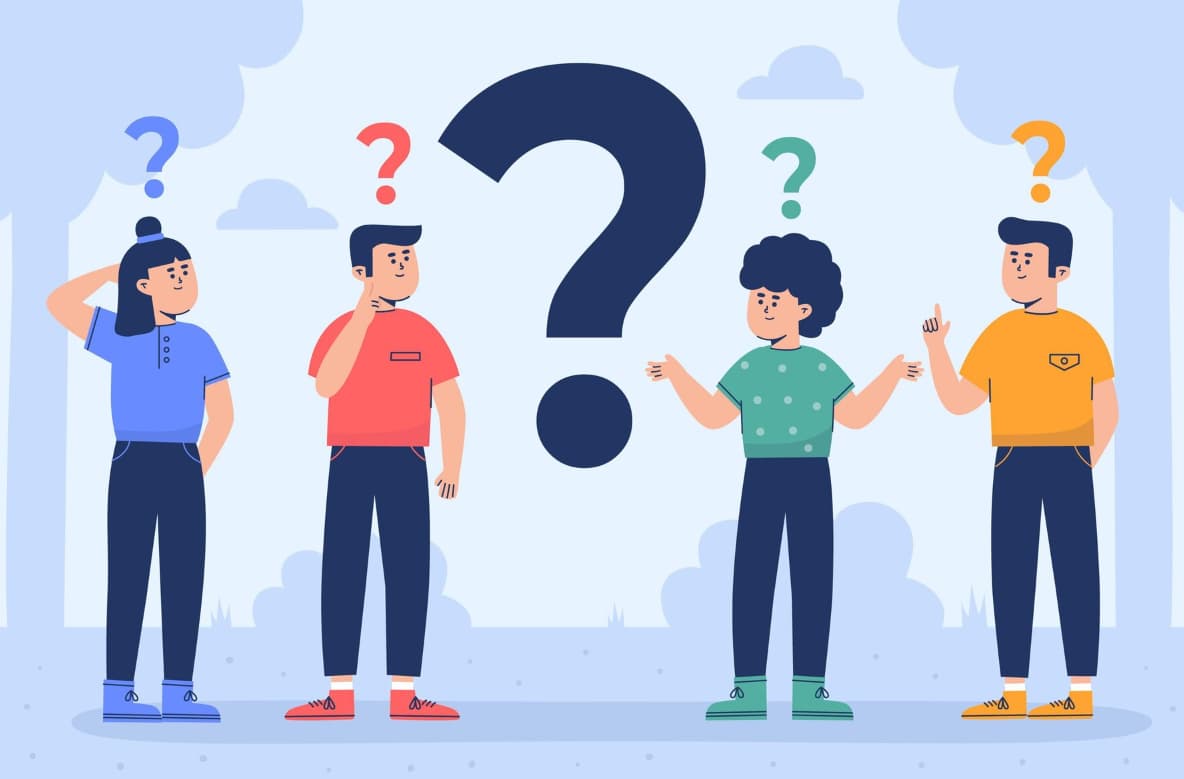In today’s digital world, keeping your online activities private is more important than ever. If you use an Android phone or tablet, you might be wondering about the best free VPNs available.
Let’s dive into the world of VPNs and explore some top free options for Android users in 2024.
The internet can be a risky place. Hackers, nosy companies, and even government agencies might try to peek at what you’re doing online. That’s where VPNs come in handy. They help protect your privacy and let you browse the web safely.
For Android users, there are several free VPN options out there. While they might not offer all the bells and whistles of paid services, they can still provide a good level of protection.
In this article, we’ll look at what VPNs are, how they work, and some of the best free VPNs for Android in 2024.
Why do you need a VPN? Well, imagine you’re using public Wi-Fi at a coffee shop. Without a VPN, anyone else on that network could potentially see what you’re doing online.
A VPN creates a private, encrypted connection that keeps your data safe from prying eyes.
But it’s not just about security. VPNs can also help you:
- Access blocked websites: Some countries block certain sites. A VPN can help you get around these restrictions.
- Hide your location: VPNs mask your real location, making it harder for websites to track you.
- Avoid price discrimination: Some online stores show different prices based on your location. A VPN can help you find better deals.
Now, you might be thinking, “This sounds great, but aren’t VPNs expensive?” Well, that’s where free VPNs come in. While they have some limitations, they can be a good starting point for many users.
Best Free VPNs for Android in 2024

In this guide, we’ll cover everything you need to know about free VPNs for Android. We’ll explain what VPNs are, how they work, and whether free VPNs are right for you.
Then, we’ll dive into some of the best free VPN options available for Android users in 2024.
So, if you’re ready to take control of your online privacy without spending a dime, keep reading. We’ve got all the information you need to choose the best free VPN for your Android device.
What is a VPN?
VPN stands for Virtual Private Network. It’s a tool that helps keep your online activities private and secure. But what does that mean? Let’s break it down in simple terms.
Imagine the internet as a big, busy highway. Normally, when you browse the web, your data travels along this highway where anyone could potentially see it. A VPN is like a private tunnel on this highway.
When you use a VPN:
- Your data goes into this private tunnel
- It gets scrambled (encrypted) so others can’t read it
- It comes out at another point, often in a different location
This process does a few important things:
- Hides your real location: Websites see the VPN’s location, not yours
- Encrypts your data: Makes your online activities harder to spy on
- Bypasses restrictions: Lets you access content that might be blocked in your area
Here’s a simple table to show what a VPN does:
| Without VPN | With VPN |
|---|---|
| Your real location is visible | Shows a different location |
| Your data can be easily seen | Your data is encrypted |
| Some websites might be blocked | Can access more websites |
| Your internet provider sees everything you do | Your provider only sees that you’re using a VPN |
Why use a VPN? There are lots of reasons:
- Privacy: Keep your online activities to yourself
- Security: Protect your data when using public Wi-Fi
- Freedom: Access content that might be blocked in your country
- Avoiding tracking: Make it harder for websites to follow you around the internet
VPNs aren’t just for tech experts. They’re useful for anyone who goes online, especially if you:
- Use public Wi-Fi a lot
- Travel frequently
- Want to keep your browsing private
- Need to access geo-restricted content
Now, you might be wondering if free VPNs are any good. Let’s look at that next.
Is a Free VPN Good for you?
Free VPNs can be tempting. After all, who doesn’t like free stuff? But like many free things, they come with some trade-offs. Let’s look at the good and bad sides of free VPNs.
The Good:
- No cost: You don’t have to spend any money
- Basic protection: They still encrypt your data
- Easy to try: You can test out VPN technology without commitment
- Some privacy: Better than not using a VPN at all
The Bad:
- Limited data: Many free VPNs cap how much you can use
- Slower speeds: Your internet might slow down
- Fewer server locations: Less choice in where you connect
- More ads: Free VPNs often show ads to make money
- Less security: Might not have the latest security features
- Possible data selling: Some free VPNs might sell your data to make money
Here’s a table comparing free and paid VPNs:
| Feature | Free VPN | Paid VPN |
|---|---|---|
| Cost | Free | Usually $3-$12 per month |
| Data limit | Often limited | Usually unlimited |
| Speed | Can be slow | Usually faster |
| Server locations | Few | Many |
| Ads | Often present | Usually no ads |
| Security features | Basic | Advanced |
| Customer support | Limited | Usually 24/7 |
So, is a free VPN good for you? It depends on what you need:
- If you just want to try out a VPN or use it occasionally, a free VPN might be fine.
- If you need a VPN all the time or want the best security, a paid VPN is probably better.
Remember, with free VPNs:
- You might have to put up with slower speeds
- You might see more ads
- You might not get all the features of a paid VPN
But they can still be useful if you:
- Want to protect yourself on public Wi-Fi sometimes
- Need to bypass basic geo-restrictions
- Want to try out VPN technology before buying
Just be careful which free VPN you choose. Some are better than others. We’ll look at some good options later in this article.
How Does a Free VPN Work?
Now that we know what a VPN is and whether a free VPN might be good for you, let’s look at how a free VPN works. Don’t worry, we’ll keep it simple!
A free VPN works just like a paid one but with some limitations. Here’s the basic process:
- You connect to the VPN: You open the VPN app and hit ‘Connect’.
- The VPN creates a secure tunnel: This is like a private road for your data.
- Your data gets encrypted: The VPN scrambles your data so others can’t read it.
- Your data travels through the tunnel: It goes from your device to the VPN server.
- The VPN server acts as a middleman: It sends your data to the website you’re visiting.
- The website sends data back: It goes to the VPN server, and then back to you.
This whole process happens in seconds. You probably won’t even notice it happening!
Here’s what this does for you:
- Hides your real location: Websites see the VPN server’s location, not yours
- Protects your data: The encryption keeps your information safe
- Bypasses restrictions: You can access content that might be blocked in your area
But remember, free VPNs often have limits:
- Data caps: You might only get a certain amount of data per day or month
- Fewer servers: You might not have as many location options
- Slower speeds: The free servers might be crowded, slowing things down
Here’s a simple diagram of how a VPN works:
- You –> [Encrypted Tunnel] –> VPN Server –> Internet
Now, let’s break down some key terms:
- Encryption: This is like a secret code that scrambles your data
- VPN Server: This is a computer that acts as a middleman between you and the internet
- IP Address: This is like your online address. A VPN hides your real IP address
Why is this important? Well, without a VPN:
- Your internet provider can see everything you do online
- Websites can see your real location
- Hackers on public Wi-Fi could potentially steal your data
With a VPN, all these risks are reduced.
But how do free VPNs make money? They usually do it in one of these ways:
- Showing ads: You might see ads in the VPN app
- Offering limited service: They hope you’ll upgrade to a paid plan
- Collecting data: Some might collect and sell your data (be careful of this!)
Now that you know how free VPNs work, let’s look at some of the best options for Android users.
List of Best Free VPNs for Android Users
Now that we understand what VPNs are and how they work, let’s dive into some of the best free VPN options for Android users in 2024. Remember, while these are free, they each have their pros and cons. Let’s take a closer look at each one.
BetterNet For Android
BetterNet is a popular choice for Android users looking for a free VPN. It’s known for its simplicity and ease of use. Let’s break down what BetterNet offers:
Pros of BetterNet:
- No registration needed: Just download and start using
- Unlimited data: No caps on how much you can use
- No ads: A clean, ad-free experience
- Fast speeds: Generally good performance
- Strong encryption: Uses AES 256-bit encryption to protect your data
Cons of BetterNet:
- Limited server locations: You can’t choose where you connect
- No advanced features: Lacks some features that power users might want
- Concerns about logging: Some users worry about data collection
Here’s a quick overview of BetterNet’s features:
| Feature | BetterNet Free |
|---|---|
| Data limit | Unlimited |
| Speed | Good |
| Server locations | Limited |
| Ads | No |
| Encryption | AES 256-bit |
| Logging | Some concerns |
How to use BetterNet:
- Download the app from Google Play Store
- Open the app
- Tap the ‘Connect’ button
- That’s it! You’re now using a VPN
BetterNet is a good choice if you want a simple, unlimited VPN that’s easy to use. However, if you need more control over your connection or have serious privacy concerns, you might want to look at other options.
ProtonVPN
ProtonVPN is known for its strong focus on privacy and security. It’s created by the same team behind ProtonMail, a secure email service. Here’s what you need to know about ProtonVPN:
Pros of ProtonVPN:
- Unlimited data: No caps on usage
- Strong security: Based in Switzerland, known for strong privacy laws
- No logs policy: Doesn’t keep track of your activities
- Open-source: Anyone can check the code for security
- Basic features free forever: No time limit on the free plan
Cons of ProtonVPN:
- Limited server locations: Free users can only connect to servers in 3 countries
- Speed limits: Free servers can be slower than paid ones
- No P2P or streaming: These features are for paid users only
Let’s look at a table of ProtonVPN’s features:
| Feature | ProtonVPN Free |
|---|---|
| Data limit | Unlimited |
| Speed | Medium |
| Server locations | 3 countries |
| Ads | No |
| Encryption | AES 256-bit |
| Logging | No logs policy |
How to use ProtonVPN:
- Download ProtonVPN from the Google Play Store or Apple App Store
- Create a free account
- Open the app and log in
- Choose a server and connect
ProtonVPN is a great choice if privacy is your top concern. Its unlimited data and strong security make it stand out among free VPNs.
However, the limited server locations and slower speeds might be a drawback for some users.
FinchVPN
FinchVPN offers a mix of free and paid features, making it an interesting option for Android users. Here’s what you need to know:
Pros of FinchVPN:
- 3GB free data monthly: A decent amount for light users
- Global servers: Free users can access servers in multiple countries
- Multiple protocols: Offers OpenVPN and SSH VPN
- No ads: Clean, ad-free app experience
- P2P support: Some servers allow torrenting
Cons of FinchVPN:
- Limited data: 3GB might not be enough for heavy users
- Speed can vary: Performance depends on server load
- Basic app: The interface isn’t as polished as some other options
Here’s a quick look at FinchVPN’s features:
| Feature | FinchVPN Free |
|---|---|
| Data limit | 3GB per month |
| Speed | Varies |
| Server locations | Multiple countries |
| Ads | No |
| Encryption | OpenVPN, SSH VPN |
| P2P support | Yes, on some servers |
How to use FinchVPN:
- Download FinchVPN from the Google Play Store
- Create a free account
- Open the app and log in
- Choose a server and connect
FinchVPN is a good option if you need occasional VPN use and like having access to servers in different countries. The 3GB data limit is generous for a free plan, but it might not be enough if you need a VPN all the time.
Hideman VPN
Hideman VPN offers a simple, user-friendly service with a unique approach to its free plan. Here’s what you should know:
Pros of Hideman VPN:
- 5 hours free per week: Good for occasional use
- Strong encryption: Uses 256-bit encryption for security
- Easy to use: Simple one-button connection
- Torrent support: Some servers allow P2P traffic
- Extra free time: Watch ads to get more free hours
Cons of Hideman VPN:
- Limited free time: 5 hours a week isn’t much
- Speed limits on free plan: Paid users get priority
- Limited server selection for free users: Less choice in where you connect
Let’s look at Hideman’s features in a table:
| Feature | Hideman VPN Free |
|---|---|
| Time limit | 5 hours per week |
| Speed | Limited |
| Server locations | Limited selection |
| Ads | Yes, to get more time |
| Encryption | AES 256-bit |
| P2P support | On some servers |
How to use Hideman VPN:
- Download Hideman VPN from the Google Play Store
- Open the app (no account is needed for the free version)
- Choose a server
- Tap Connect
Hideman VPN is a good choice if you only need a VPN for short periods each week. The option to watch ads for more time is useful if you need a bit extra. However, if you need a VPN for long periods or every day, the 5-hour limit might be too restrictive.
Hotspot Shield Free VPN
Hotspot Shield is a well-known name in the VPN world, and their free version is popular among Android users. Here’s what you need to know:
Pros of Hotspot Shield Free:
- 500MB daily data limit: Generous for a free plan
- Fast speeds: Known for good performance
- Easy to use: Simple, user-friendly interface
- Military-grade encryption: Keeps your data safe
- Large server network: Though free users can’t choose locations
Cons of Hotspot Shield Free:
- Daily data cap: 500MB per day might not be enough for heavy users
- Ads: Free version shows ads
- No location selection: Free users can’t choose server locations
- Limited streaming support: Not ideal for watching region-locked content
Let’s look at a table of Hotspot Shield’s features:
| Feature | Hotspot Shield Free |
|---|---|
| Data limit | 500MB per day |
| Speed | Fast |
| Server locations | Can’t choose |
| Ads | Yes |
| Encryption | Military-grade |
| Streaming support | Limited |
How to use Hotspot Shield Free:
- Download Hotspot Shield from the Google Play Store and Apple App Store
- Open the app
- Tap the ‘Connect’ button
- You’re now protected!
Hotspot Shield Free is a good option if you need a fast VPN for basic browsing and don’t mind the daily data cap. Its speed and ease of use make it popular, but the lack of server choice and the presence of ads might be drawbacks for some users.
Best Fast and Secure VPN Apps (Worth paying for!)
While free VPNs can be useful, they often come with limitations. If you need more features, better security, or faster speeds, you might want to consider a paid VPN.
Here are two top options that many users find worth the cost:
NordVPN

NordVPN is a popular choice known for its strong security features and large server network. Here’s why many people choose NordVPN:
Pros of NordVPN:
- Huge server network: Over 5,000 servers in 59 countries
- Fast speeds: Great for streaming and downloading
- Strong security: Uses double encryption on some servers
- No logs policy: Doesn’t track your online activities
- Special features: Includes ad-blocking and malware protection
- Works with Netflix: Can unblock many streaming services
Cons of NordVPN:
- Not free: Costs money, though it’s often on sale
- Can be complex: Lots of features might be overwhelming for new users
Here’s a quick look at NordVPN’s features:
| Feature | NordVPN |
|---|---|
| Price | Starts at $3.71/month (for a 2-year plan) |
| Data limit | Unlimited |
| Speed | Very fast |
| Server locations | 59 countries |
| Ads | No ads |
| Encryption | AES 256-bit, double VPN option |
| Logging | Strict no-logs policy |
Why choose NordVPN?
- Privacy: Based in Panama, which has strong privacy laws
- Security: Offers features like double VPN and Onion over VPN
- Speed: Consistently ranks as one of the fastest VPNs
- Streaming: Works well with Netflix and other streaming services
- User-friendly: Easy to use apps for all devices
NordVPN is a good choice if you want a VPN with lots of features and strong security. It’s especially good for streaming and for users who want extra privacy protection.
ExpressVPN

ExpressVPN is known for its fast speeds and reliable service. It’s often considered one of the best VPNs available, though it comes at a higher price point. Here’s what you need to know:
Pros of ExpressVPN:
- Very fast speeds: One of the fastest VPNs available
- Large server network: Over 3,000 servers in 94 countries
- Strong encryption: Uses AES-256 encryption
- No logs policy: Doesn’t keep any activity or connection logs
- Works on all devices: Apps for Android, iOS, Windows, Mac, and more
- Great for streaming: Reliably unblocks Netflix and other services
Cons of ExpressVPN:
- More expensive: One of the pricier VPN options
- Fewer simultaneous connections: Only allows 5 devices at once
Let’s look at ExpressVPN’s features in a table:
| Feature | ExpressVPN |
|---|---|
| Price | Starts at $6.67/month (for a 15-month plan) |
| Data limit | Unlimited |
| Speed | Very fast |
| Server locations | 94 countries |
| Ads | No ads |
| Encryption | AES 256-bit |
| Logging | No logs policy |
Why choose ExpressVPN?
- Speed: Consistently fast, even over long distances
- Reliability: Known for stable connections
- Privacy: Based in the British Virgin Islands, good for privacy
- Ease of use: Simple, user-friendly apps
- Customer support: 24/7 live chat support
ExpressVPN is a great choice if you want the best performance and don’t mind paying a bit more. It’s especially good for streaming, gaming, and users who need consistently fast speeds.
Comparing Paid and Free VPNs
Now that we’ve looked at both free and paid options, let’s compare them side by side:
| Feature | Free VPNs | Paid VPNs |
|---|---|---|
| Cost | Free | Monthly fee |
| Data limits | Often limited | Usually unlimited |
| Speed | Can be slow | Usually faster |
| Server locations | Limited | Many options |
| Security features | Basic | Advanced |
| Streaming support | Limited | Usually good |
| Ads | Often present | No ads |
| Customer support | Limited | Usually 24/7 |
As you can see, paid VPNs often offer more features and better performance. However, free VPNs can still be useful for basic protection or occasional use.
FAQs:
Now, let’s answer some common questions about free VPNs for Android:
1. Are free VPNs safe?
Answer: Free VPNs can be safe, but you need to be careful. Some free VPNs might:
- Collect and sell your data
- Show you lots of ads
- Not protect your privacy as well as they claim
However, reputable free VPNs like ProtonVPN and the free versions of paid services are generally safe to use. Always read reviews and check the privacy policy before using a free VPN.
2. Can I use Netflix with a free VPN?
Answer: Most free VPNs can’t unblock Netflix. Netflix is very good at detecting and blocking VPNs. Some reasons why free VPNs struggle with Netflix:
- They have fewer servers, which Netflix can easily block
- They don’t update their services as often to stay ahead of Netflix’s blocks
- They might not have the resources to provide stable, fast connections needed for streaming
If you want to use a VPN with Netflix, you’ll usually need a paid service like NordVPN or ExpressVPN.
3. How much data do I get with a free VPN?
Answer: It varies a lot depending on the VPN:
- Some, like ProtonVPN, offer unlimited data
- Others, like Hotspot Shield, give you a daily limit (500MB per day)
- Some, like FinchVPN, have a monthly limit (3GB per month)
Always check the data limit before choosing a free VPN. If you need a lot of data, look for one with a high or unlimited data allowance.
4. Will a free VPN slow down my internet?
Answer: Yes, free VPNs often slow down your internet. Here’s why:
- Free VPNs have lots of users sharing few servers
- They might limit speeds for free users to encourage upgrades
- They might not have the resources for the fastest servers
However, the slowdown might not be noticeable for basic browsing. If you need fast speeds for streaming or gaming, a paid VPN is usually better.
5. Can I torrent with a free VPN?
Answer: Some free VPNs allow torrenting, but many don’t. Here’s what you need to know:
- Many free VPNs block P2P traffic
- Those that allow it might have slow speeds or data limits
- Some might not provide enough privacy protection for safe torrenting
If you plan to torrent, check the VPN’s policy first. For frequent torrenting, a paid VPN with good speeds and strong privacy protection is usually a better choice.
6. How do free VPNs make money?
Answer: Free VPNs have to make money somehow. Common ways include:
- Showing ads in the app
- Collecting and selling user data (be careful of this!)
- Offering limited free service to encourage upgrades to paid plans
- Using free users to test features for paid users
Always read the privacy policy to understand how a free VPN operates.
7. Can a free VPN replace a paid one?
Answer: For some users, yes. For others, no. It depends on what you need:
- If you just want basic privacy on public Wi-Fi, a free VPN might be enough
- If you need lots of data, fast speeds, or advanced features, you’ll probably need a paid VPN
Think about how you’ll use the VPN to decide if a free one is enough for you.
8. Are free VPNs legal?
Answer: In most countries, yes. But there are exceptions:
- Some countries like China, Russia, and Iran restrict or ban VPN use
- Even where VPNs are legal, using them for illegal activities is still against the law
Always check local laws before using a VPN, especially when traveling.
9. Can I use a free VPN on multiple devices?
Answer: It depends on the VPN:
- Some allow use on multiple devices with one account
- Others limit free users to one device
- Some might offer apps for different devices, but you can only use one at a time
Check the VPN’s terms of service to be sure.
10. How do I set up a free VPN on my Android device?
Answer: It’s usually simple:
- Go to the Google Play Store
- Search for the VPN you want
- Download and install the app
- Open the app and create an account if needed
- Tap the connect button
Most free VPN apps try to make setup as easy as possible.
Also Check: Learn How to Use Premium Spotify Features for FREE
Conclusion:
Free VPNs for Android can be a good starting point if you’re new to VPNs or only need occasional protection. Options like ProtonVPN, BetterNet, and Hotspot Shield offer decent features without cost.
However, they come with limitations in speed, data, and sometimes security.
Here’s a quick recap of what we’ve covered:
- VPNs protect your privacy and security online
- Free VPNs can be useful but have limitations
- Top free VPNs include ProtonVPN, BetterNet, FinchVPN, Hideman VPN, and Hotspot Shield
- Paid VPNs like NordVPN and ExpressVPN offer more features and better performance
When choosing a VPN, consider:
- How much data you need
- What you’ll use it for (basic browsing, streaming, etc.)
- How important speed is to you
- Your privacy needs
Remember, your online privacy is important. Whether you choose a free or paid VPN, make sure to pick a reputable provider that respects your privacy and keeps your data safe.
If you find yourself needing more from your VPN – faster speeds, more data, better security, or the ability to unblock streaming services – consider trying a paid option. Many offer money-back guarantees, so you can test them risk-free.
Ultimately, the best VPN for you depends on your specific needs. Start with a free option if you’re unsure, and upgrade to a paid service if you need more features. Stay safe online!



